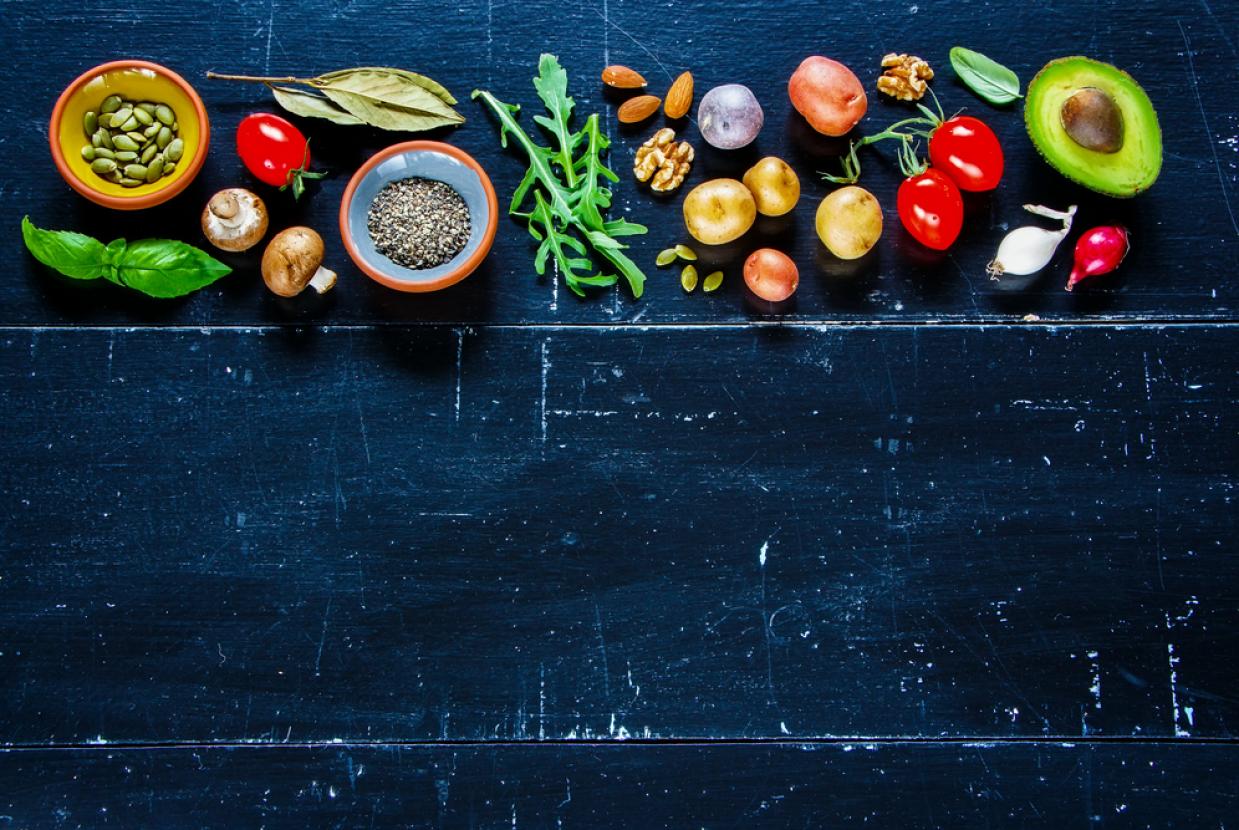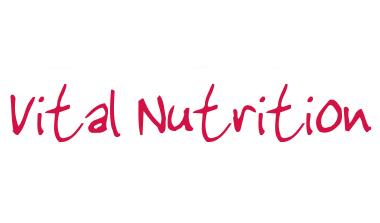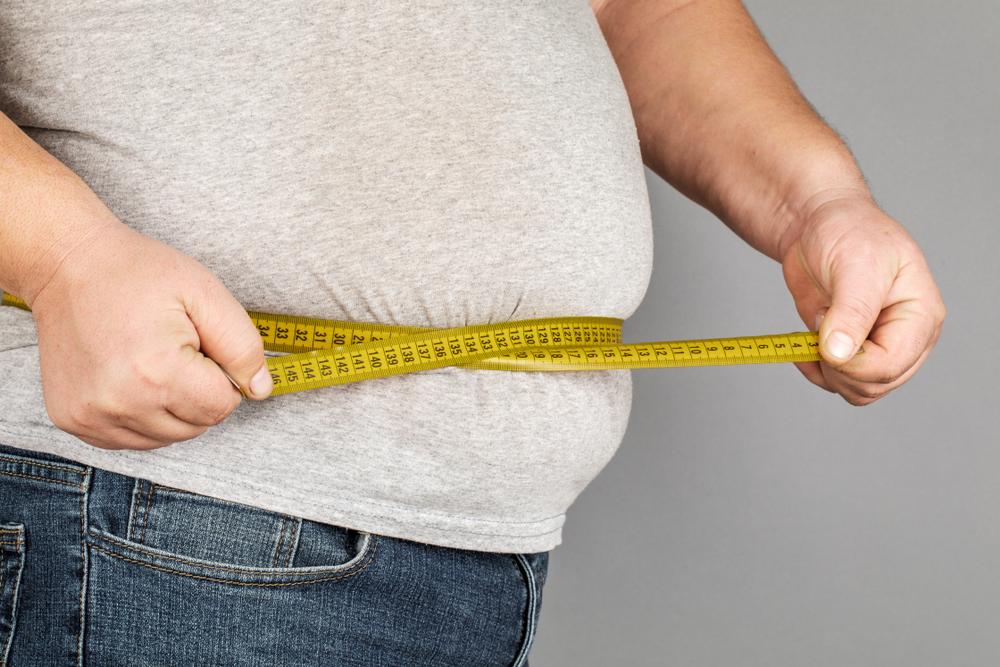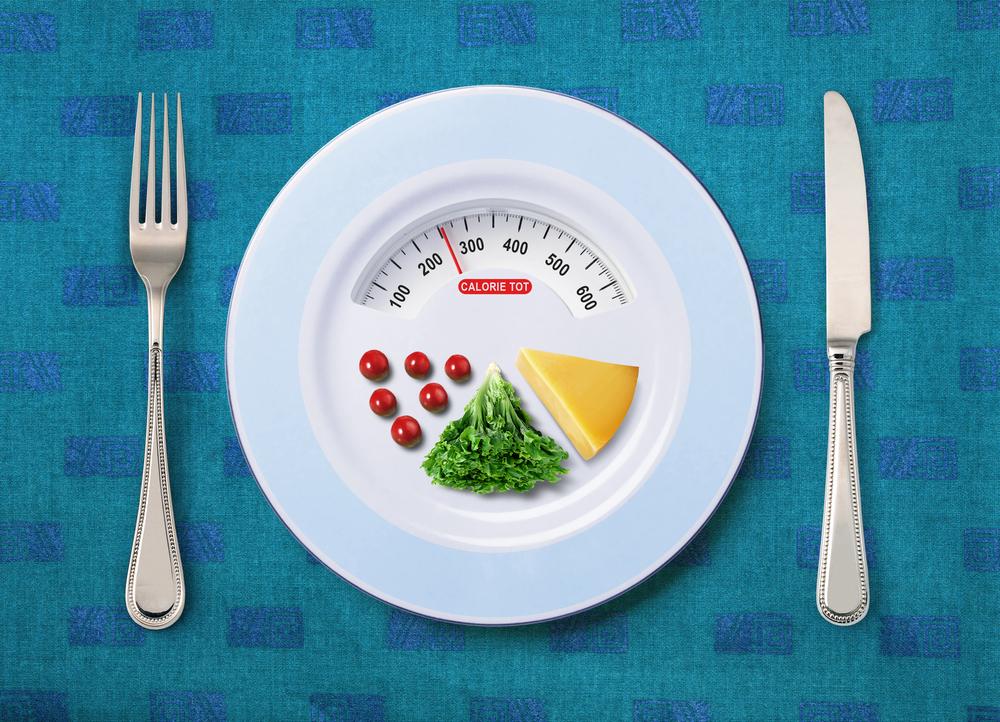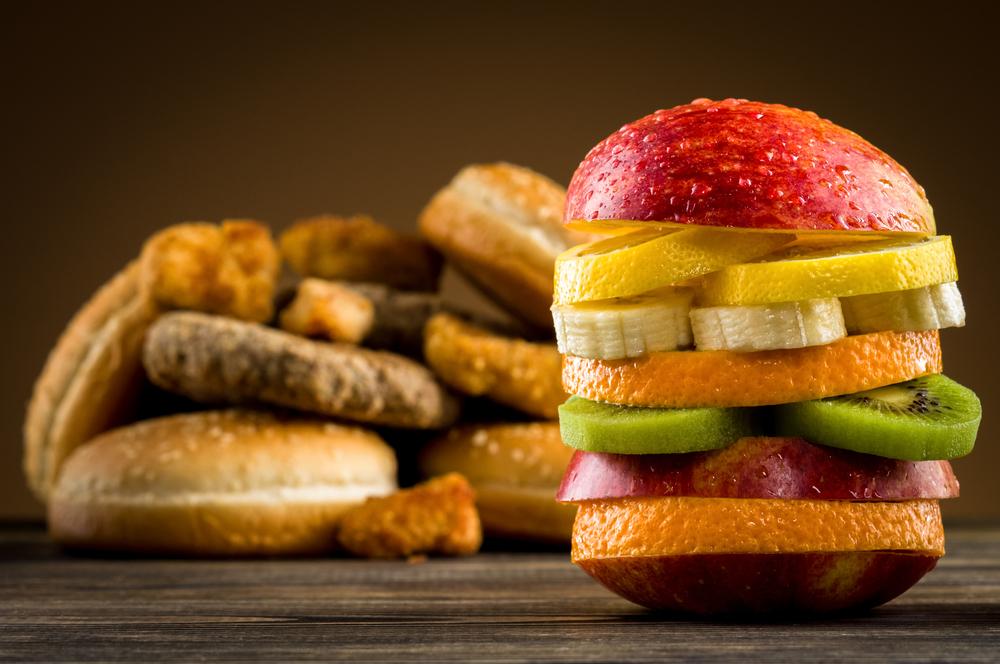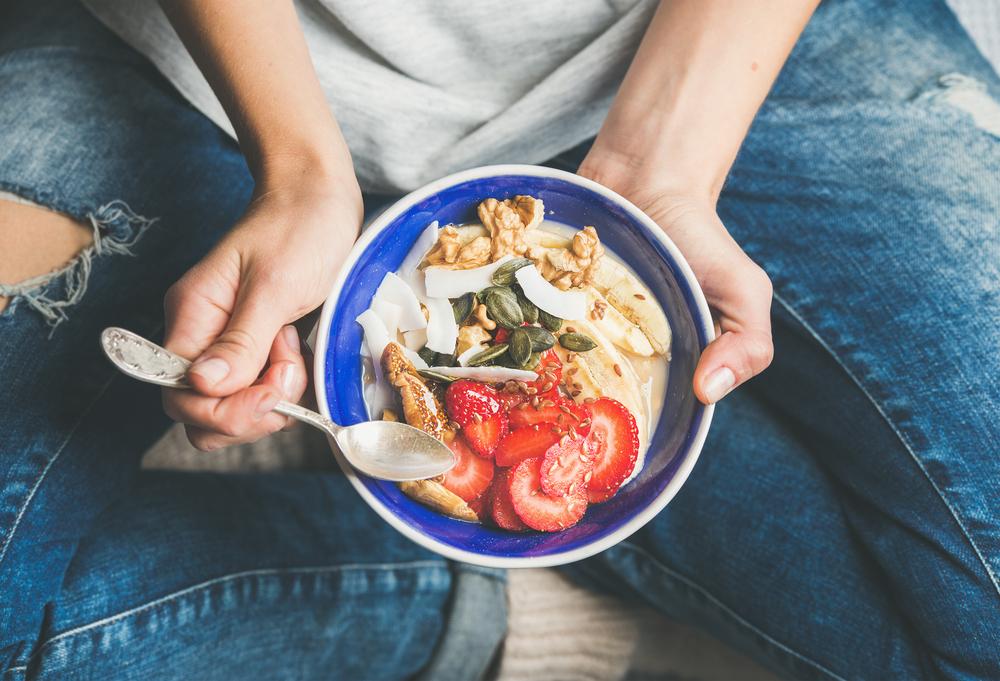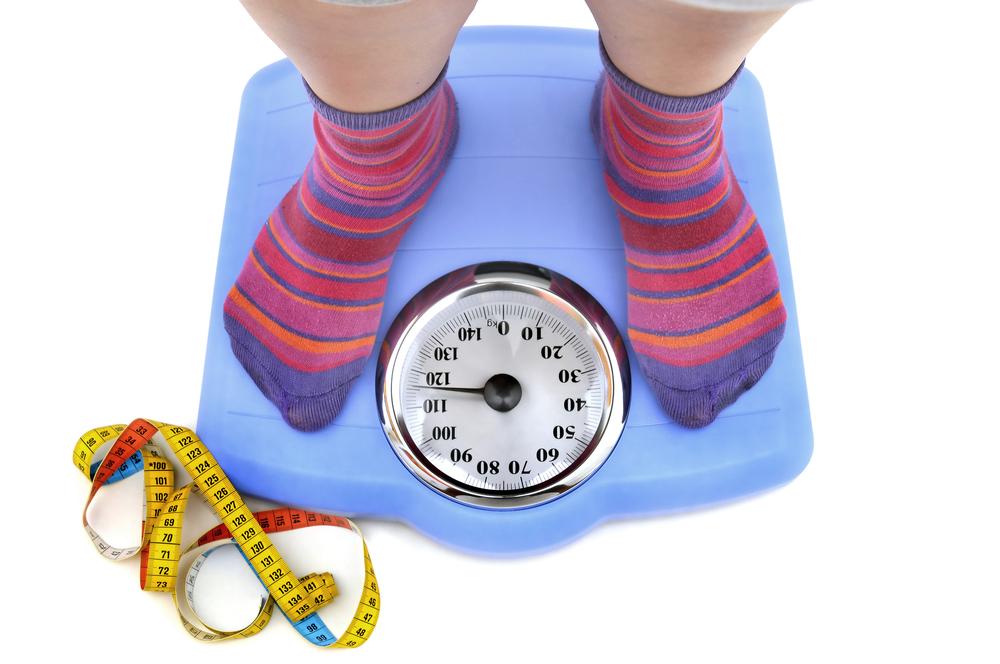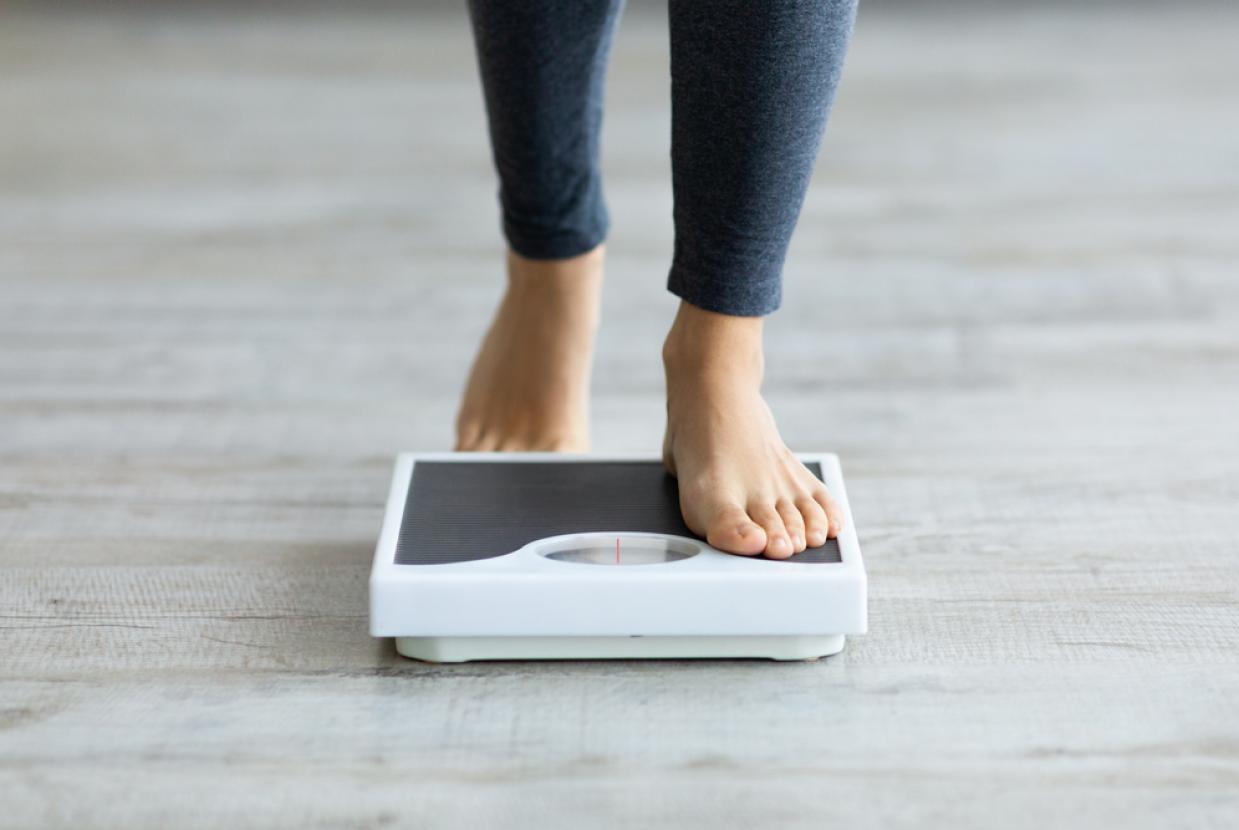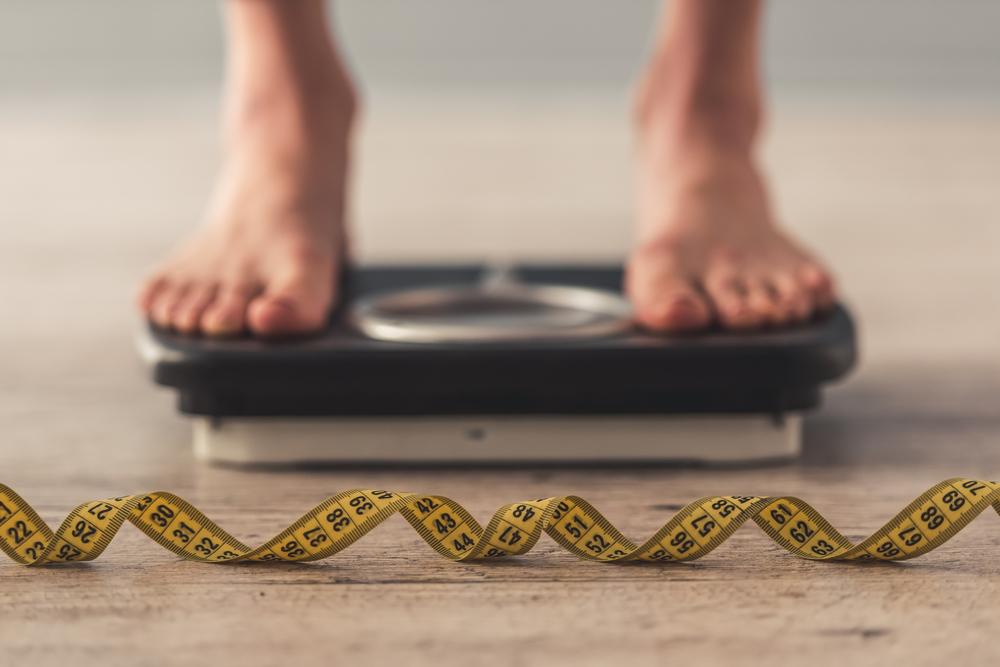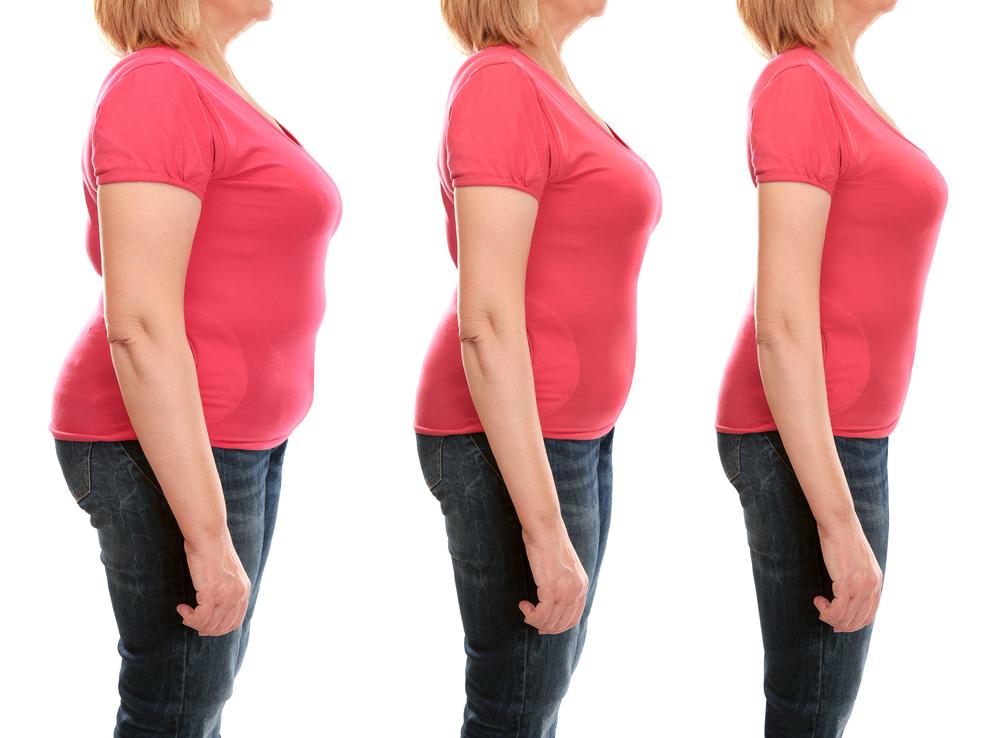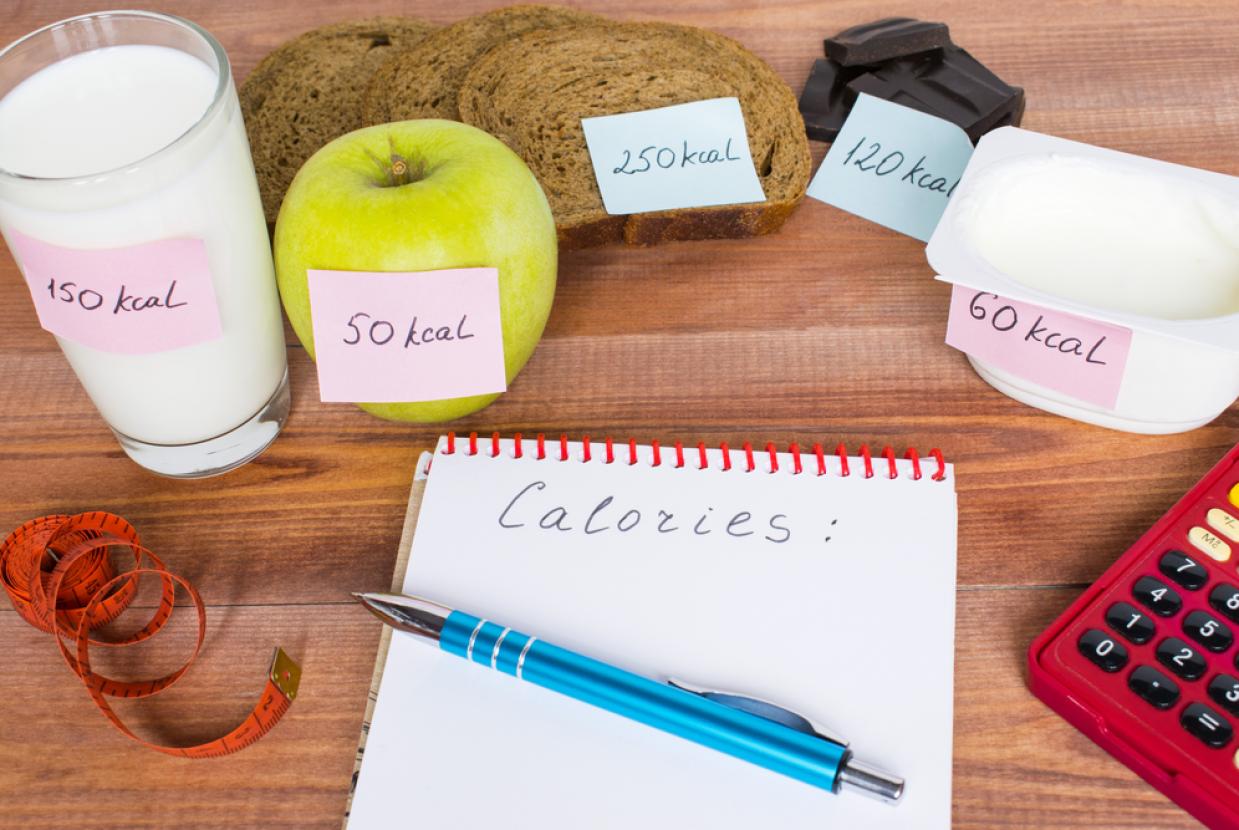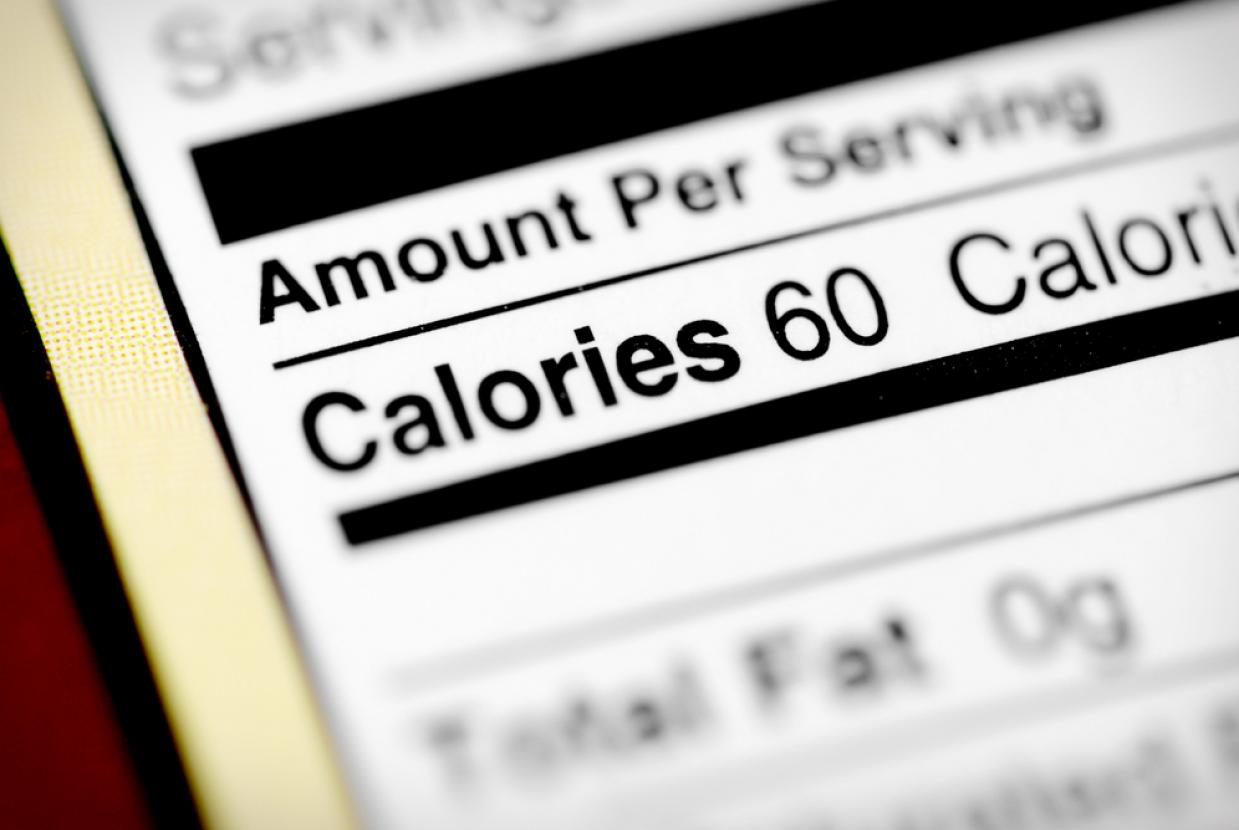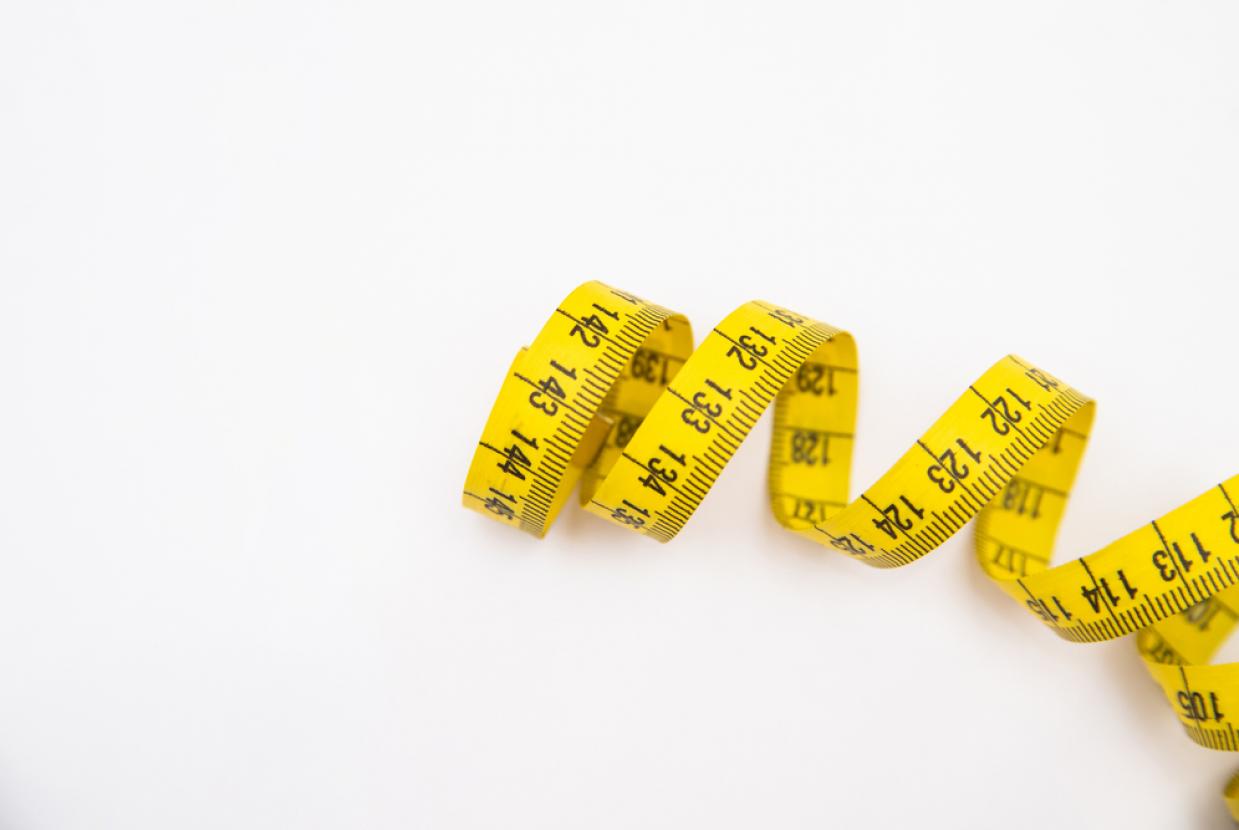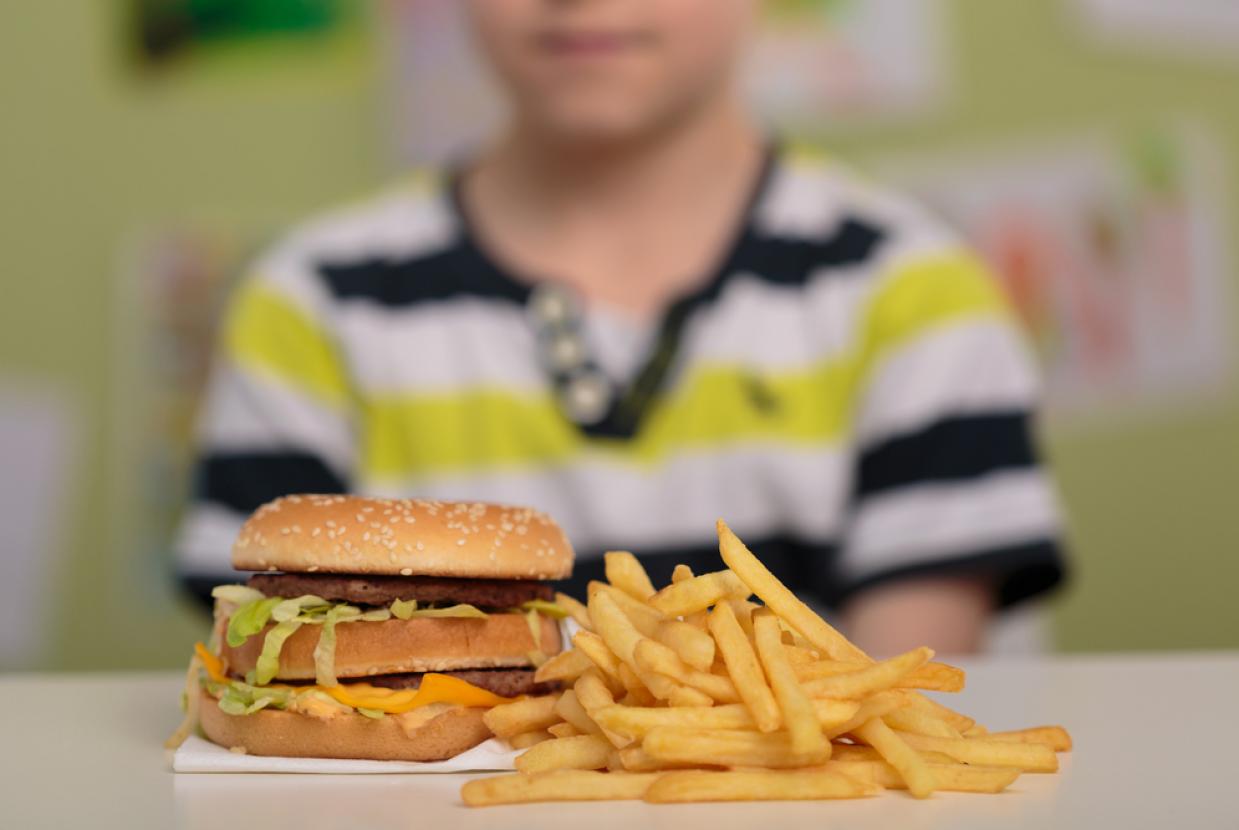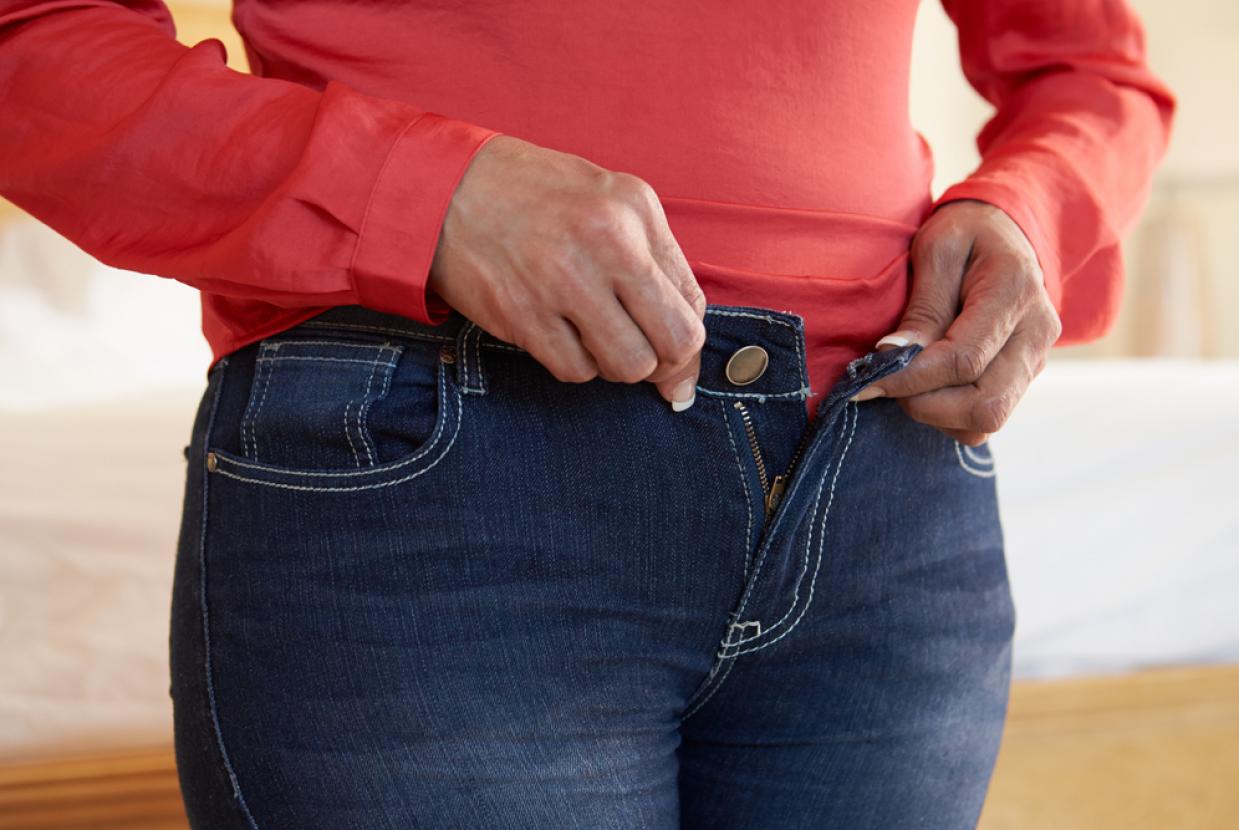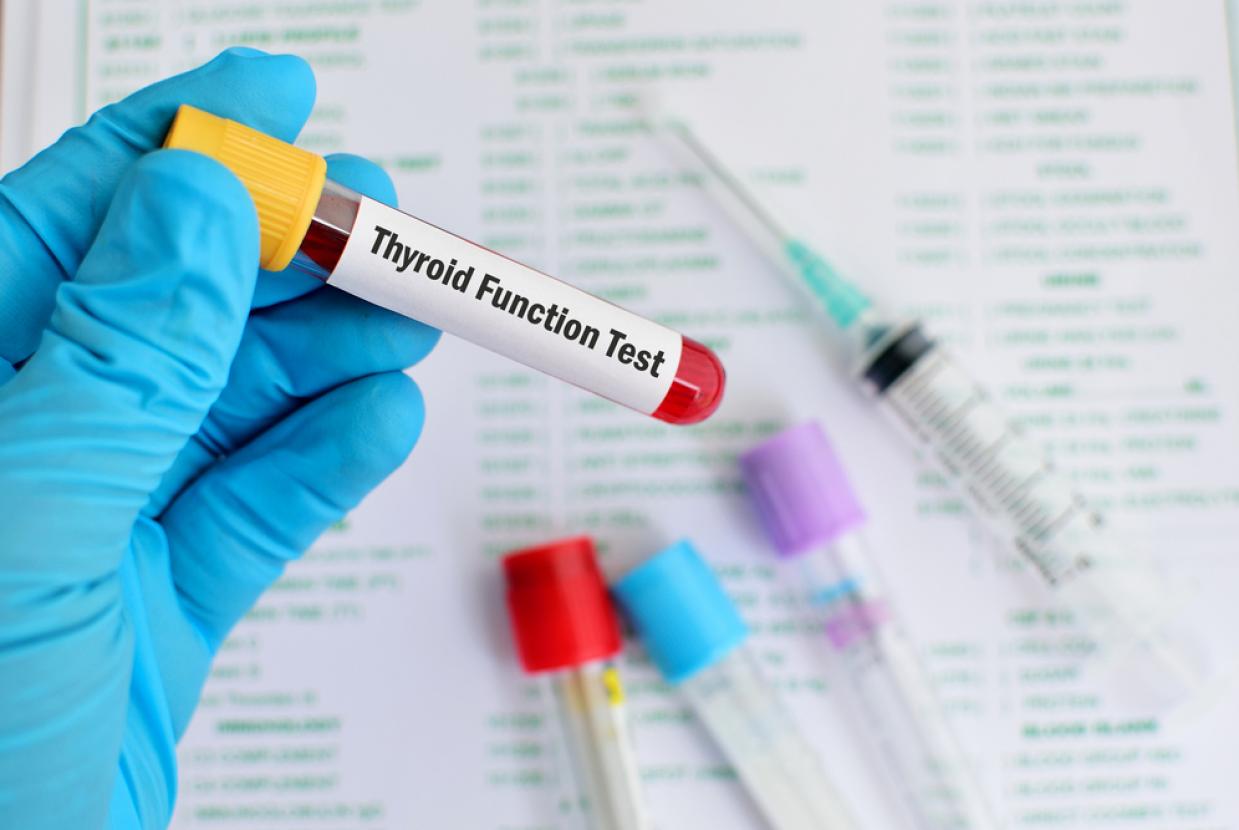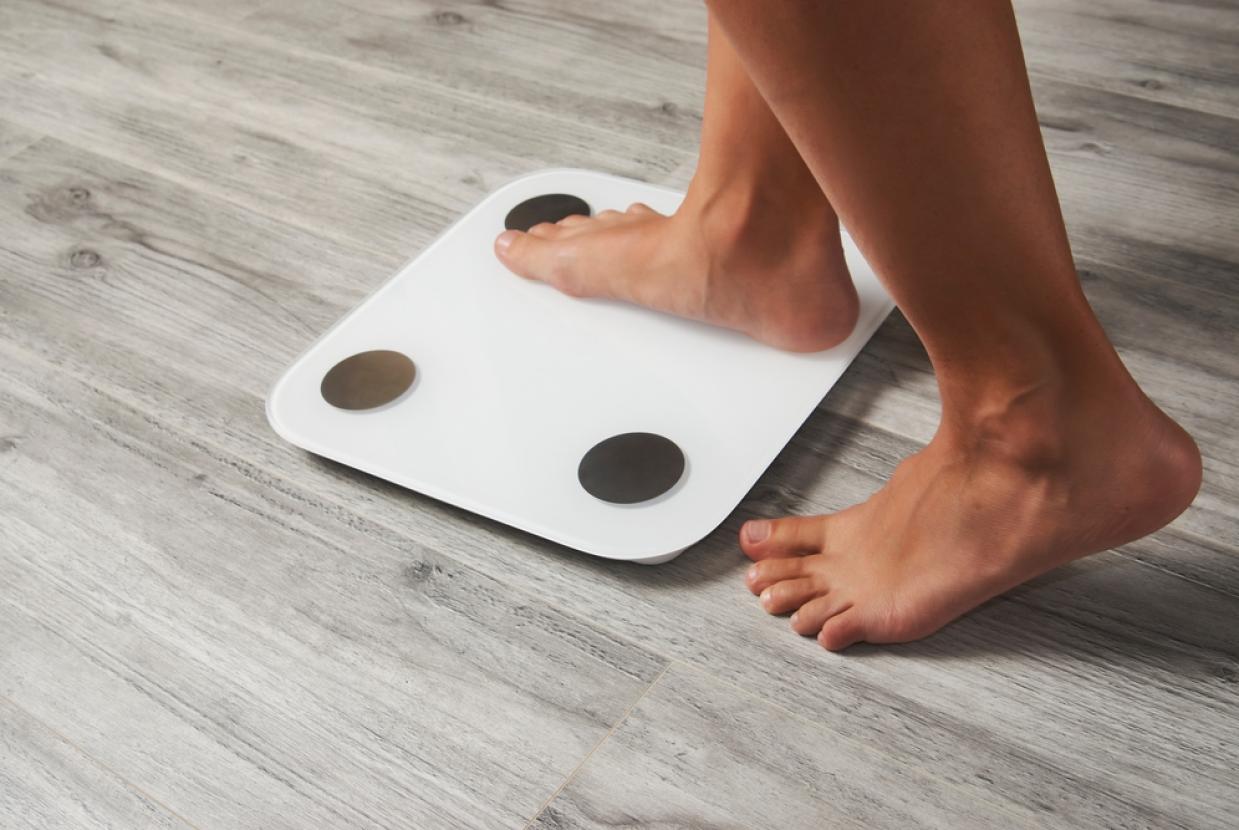Simple Weight Loss Tricks
I think it is fair to say that most of us try our best to make healthy choices in our food shop, and often those choices are led by food labelling or marketing. Low fat, high fibre, probiotic, reduced salt, 30% less sugar… and the claims go on. But are we really making a healthy choice when we drop these foods into our trolley?
Sometimes things are not as they seem, and that is never more true than when it comes to food.
I don’t know about you, but my shopping habits have certainly changed over the last 3 or 4 months – I want in and out of the supermarket as fast as I can get, so am much less likely to browse the health food aisle (yes, I am that kind of person!) than I might have been before lockdown.
We tend to buy what we know, and like – and sometimes we buy what is good for us, or what we think is good for us. If you have been a lifelong dieter, you may not like what I am about to say, but I promise you I am telling you this for the good of your health!
Low fat foods are not the answer weight loss
Low fat foods have been a firm favourite amongst dieters for decades. From low fat yoghurts to low calorie biscuits, these foods have a lot to answer for. In our bid to lose weight, as we count calories, we have been piling our plates with artificial sweeteners and sugar that is leading to an epidemic of obesity, increasing our risk of type 2 diabetes and inflammatory disease that include cardiovascular disease.
This diet of over processed foods is not doing our health (or our waistlines) any favours. If weight loss is your goal, then I have a few ideas that could help.
- Keep a food diary – this will help you to identify your healthy habits as well as habits you could change. Always look at the good things you already do, rather than being hard on yourself about the things you need to change. I always ask my clients to look at their food diary as if they are looking at a friend’s. Go gently.
- Start small – make one or two small changes that you can stick to each week. Slow and steady wins the weight loss race.
- Take a look at where you are eating obvious sources of sugar. You know the sort of thing – ice cream, sweeties, chocolate, biscuits, cakes and buns. Commit to cutting back a little at a time, So if you reach for a biscuit after every meal, how about switching to some fruit or cheese instead?
- Find an alternative snack – natural yoghurt with berries, oatcakes and peanut butter or really dark chocolate (at least 70%) with a handful of brazil nuts would be a better choice than high sugar foods.
- Cut starchy carbs from one of your meals. So no rice, cereal, potatoes, bread or pasta at either breakfast, lunch or dinner. You might like to have an omelette for breakfast, or a big salad with plenty of greens, some tomatoes, cucumber, peppers, beetroot, avocado and chicken for lunch. Add a handful of nuts and seeds and an olive oil dressing for some healthy fats to fill you up. Or it might be easier to have something like steak and roasted veggies for dinner.
- Eat more vegetables, protein and healthy fats like nuts, seeds, olive oil, coconut oil, full fat yoghurt, oily fish. Remember that fat and protein are what satisfy hunger, rather than starchy carbs.
- Eat when you are hungry – so if you don’t feel like eating as soon as you get up, leave an hour or two and enjoy breakfast a little later.
- Eat within a 10-12 hour window. Give your body a break from eating from dawn to dusk and your metabolism will thank you for it.


